Wednesdays
The Maestro and His Muse: Yasujirō Ozu and Setsuko Hara
Programmed by Brian VandenBos
Essay by Brian VandenBos
Yasujirō Ozu (1903-1963), the great Japanese filmmaker, is best known for the technical style of his films. Perhaps more than their famous stylistic rigor, however, the most significant quality to the director's films is their humanity. Ozu views his characters with such compassion and sympathy that his films are almost religious in nature in their devotion to decency. Through his authentic characters and their unforgettable actions, we see the goodness and fragility of people.
Ozu employs a simple but rigorous style. His camera is usually static and placed a little lower than waist height. This is the level at which a person would traditionally be seated on a tatami mat. From this viewpoint, one listens and observes. Additionally, Ozu rarely moves the camera, nor does he use dissolves or fades. He also often crosscuts faces to communicate feelings between characters. All of these qualities of restraint combine to evoke profound emotions like suffering and joy -- in essence, cinematic poetry.
On the whole, Ozu's films are less repetitive than they are consistent. While he had one major theme -- the dissolution of the family -- within those confines, the director was quite versatile. Many of his films, especially those in his silent period (like I Was Born, But...) are very funny. Additionally, his works made during the war (such as There Was A Father) disregard the era's expectation to focus on war as a subject, instead dealing with the family.
Setsuko Hara (1920-2015), "the Garbo of Japan," was surely Ozu's favorite actress. They made six films together between 1949 and 1961. Though she acted in over 100 films, working with directors such as Akira Kurosawa, she is best known for her works with Ozu. Beginning in 1949 with Late Spring, Hara was the soul of Ozu's films, bringing a femininity and generosity to her performances. Ozu himself explained, "Every Japanese actor can play the role of a soldier, and every Japanese actress can play the role of a prostitute to some extent. However, it is rare to find an actress who can play the role of a daughter from a good family." Indeed, Hara went from playing a daughter in Late Spring to playing a parent eleven years later in the film's remake Late Autumn. Her onscreen humility belied a great inner spirit, and her unforgettable smile could convey joy and sadness at the same time. With Ozu, Hara created some of the most beloved masterpieces in the history of cinema.
3/30/2016 @ 7:00 PM 9:00 PM
I Was Born, But...
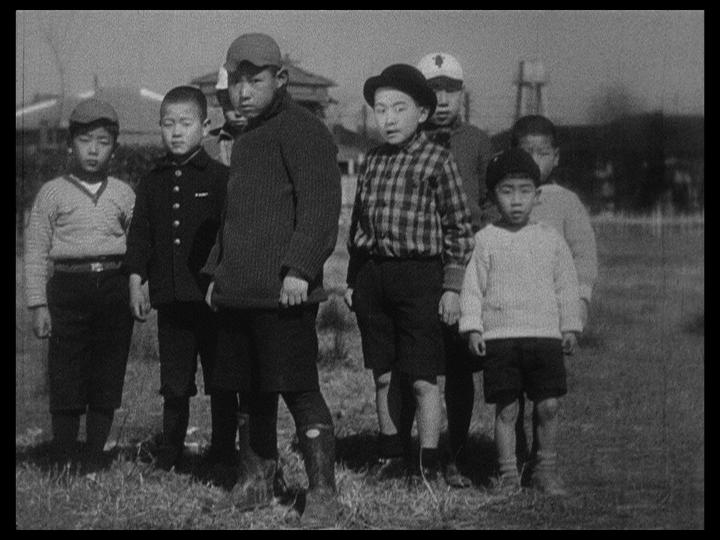
(Yasujirō Ozu, 1932) · An early Ozu film, I Was Born, But... is a light comedy with a complex social awareness in which Ozu's meticulous shooting style is already apparent. In the midst of daily struggles of teasing and bullying, two young brothers try to boost their social standing at their new school while their father, a mid-level manager, tries to get ahead at his job. Eventually reworked as Good Morning, I Was Born, But... is a delightful yet profound silent masterpiece.
runtime: 100 min format: 35mm
4/6/2016 @ 7:00 PM 9:00 PM
The Only Son
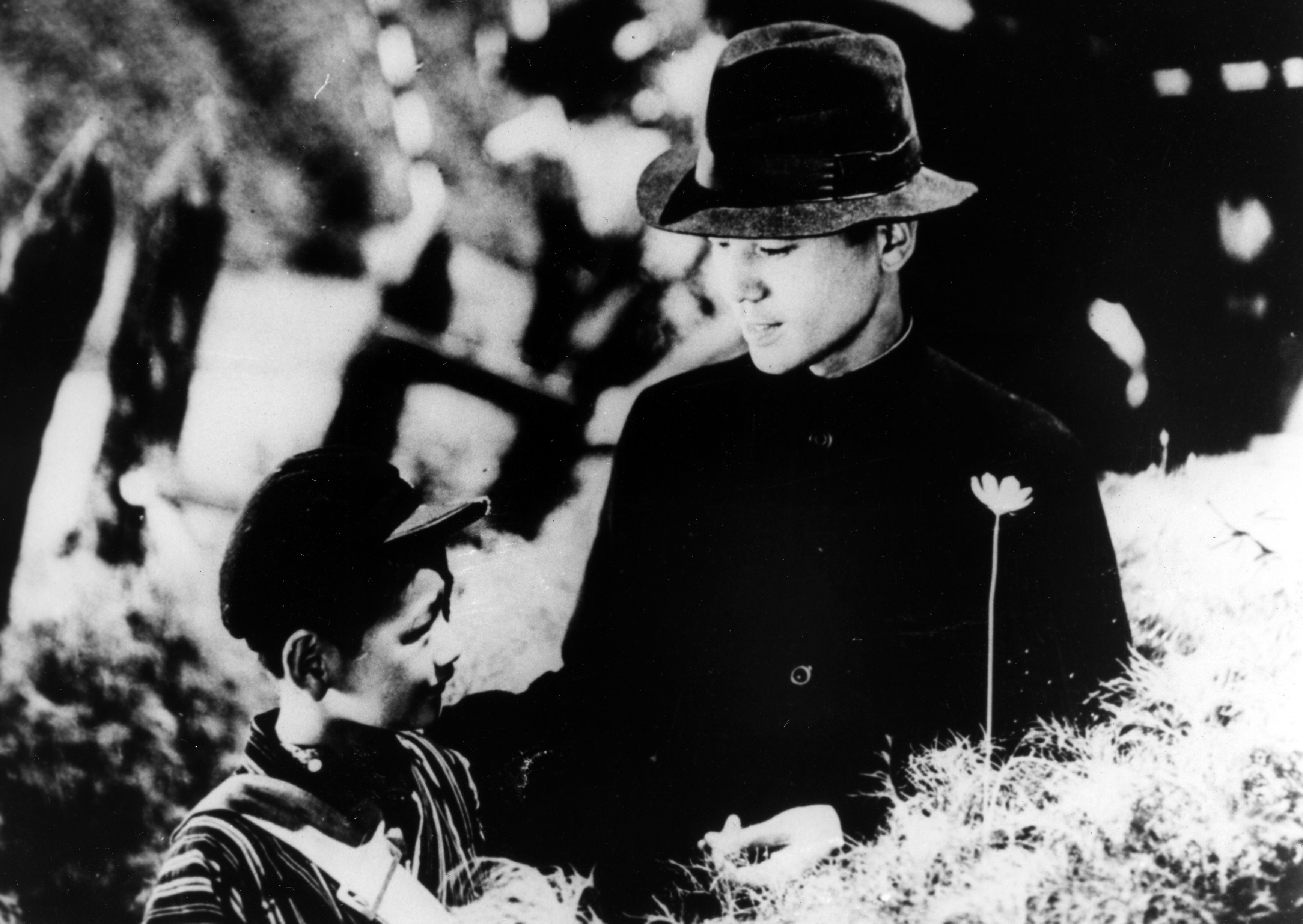
(Yasujirō Ozu, 1936) · "Life's tragedy begins with the bond between parent and child." This title card begins Ozu's first film with sound and announces his major subject: parents and children. Ozu's transition into the sound era focuses on the relationship between a widowed mother and her son. Notable for being the only Ozu film occurring over different time periods (1923, 1935, and 1936), The Only Son is a thematically definitive and moving work.
runtime: 87 min format: 35mm
4/13/2016 @ 7:00 PM 9:00 PM
There Was a Father
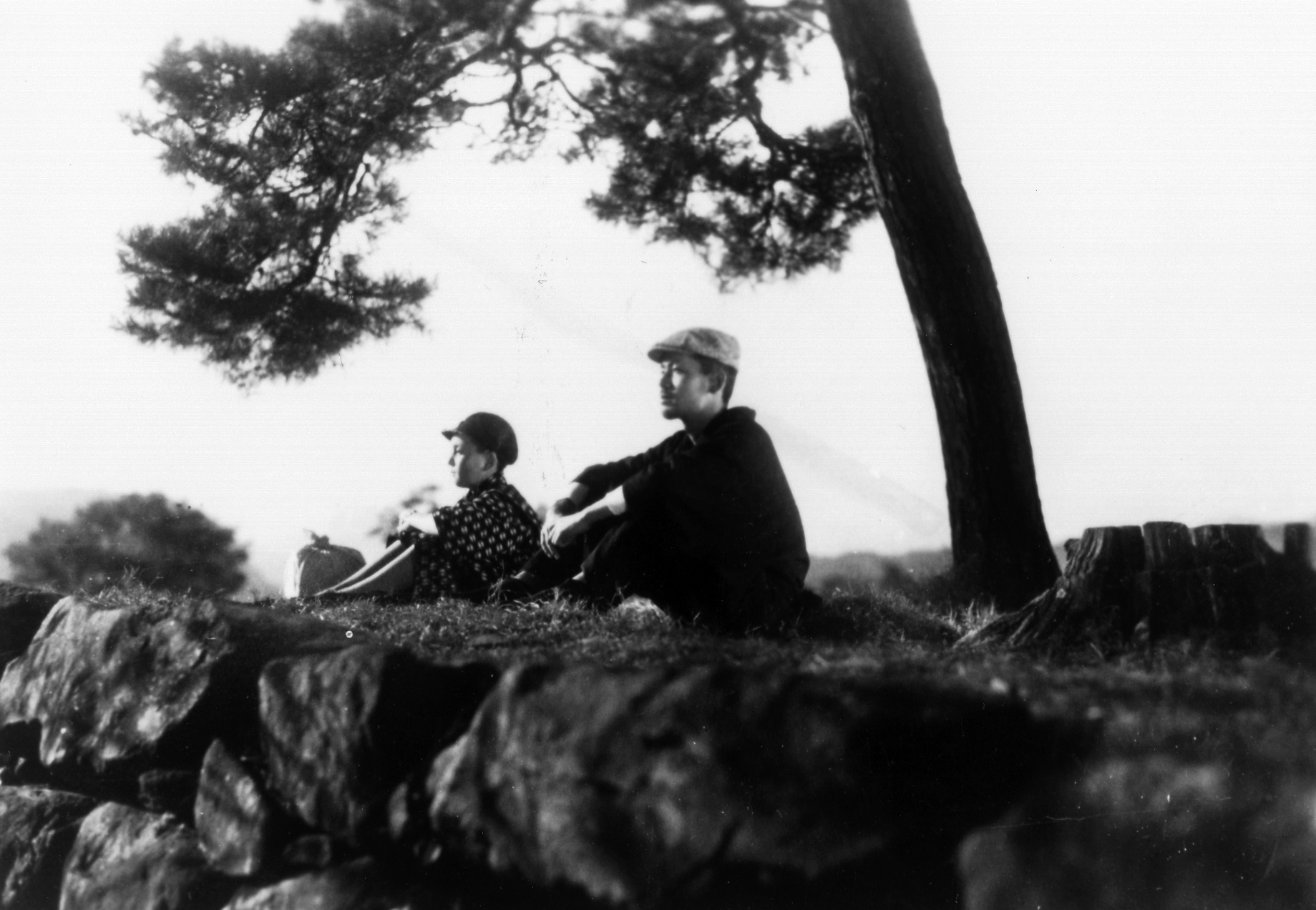
(Yasujirō Ozu, 1942) · Made during World War II, There Was a Father continues Ozu's signature style without compromising on subject matter. He was criticized at the time for not creating propaganda. Instead, in this characteristically restrained portrait of familial responsibility, a schoolteacher makes great sacrifices for his son. Ozu's longtime leading man and cinematic alter ego, Chishu Ryu, plays the titular character in one of his most praised performances.
runtime: 94 min format: 35mm
4/20/2016 @ 7:00 PM 9:30 PM
Late Spring
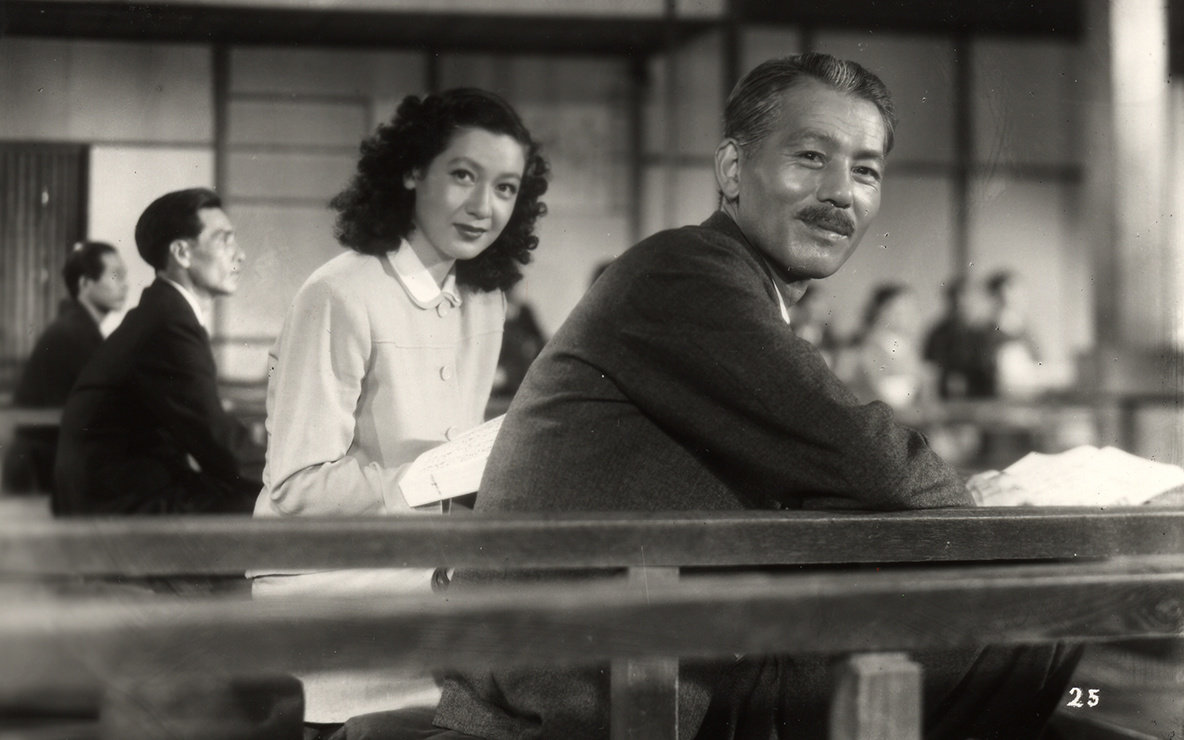
(Yasujirō Ozu, 1949) · One of Ozu's own favorites, Late Spring shows a new economy in story, structure, and pacing in the director's work. Collaborating with the screenwriter Kogo Noda for the first time since 1935, the film portrays a widowed father convinced that his adored daughter should marry. This is Setsuko Hara's first appearance for Ozu, the first also in his "Noriko trilogy" (with Early Summer and Tokyo Story) where she plays a single young woman named Noriko.
runtime: 108 min format: 35mm
4/27/2016 @ 7:00 PM 9:30 PM
Early Summer
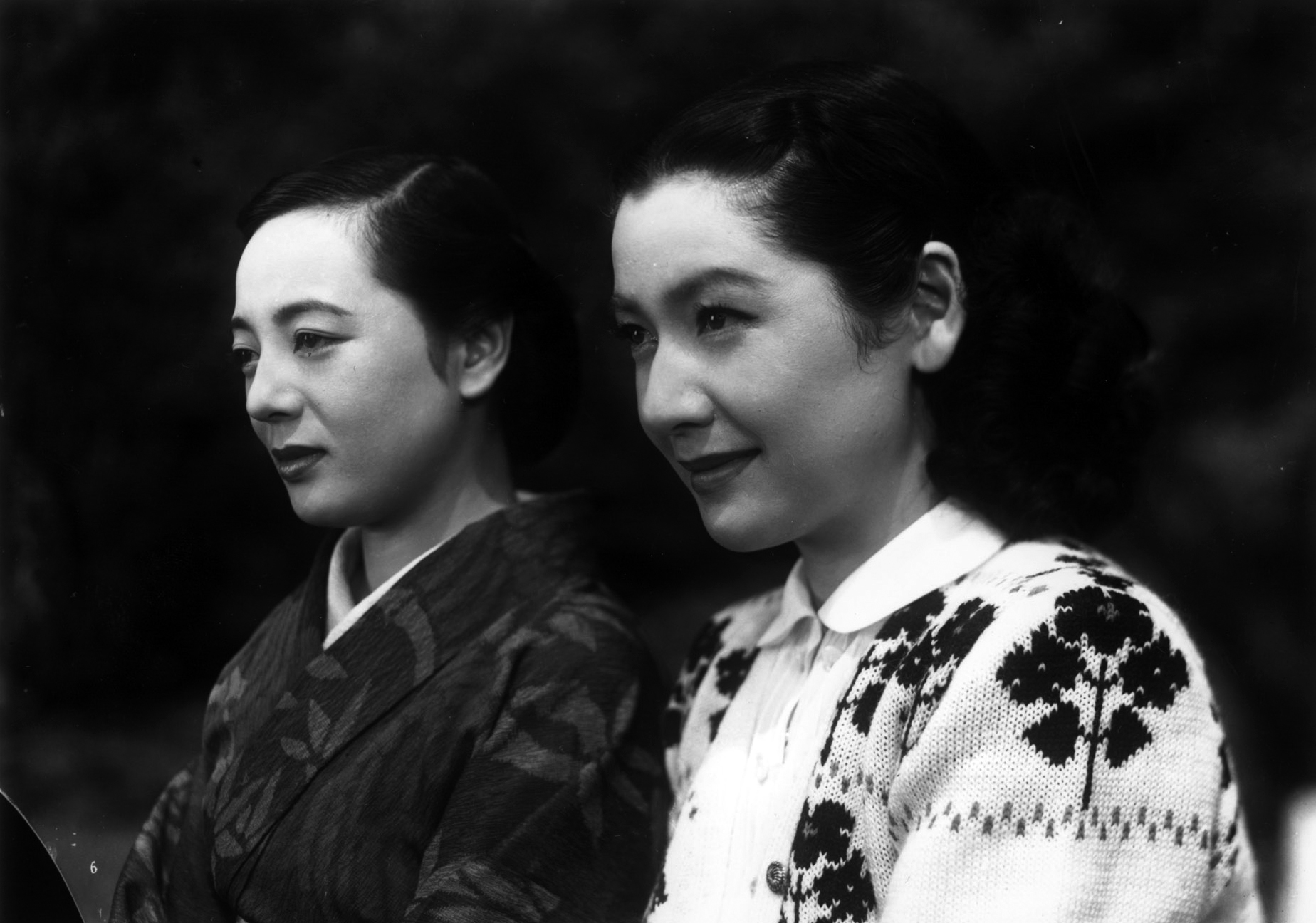
(Yasujirō Ozu, 1951) · With Early Summer, Ozu discovered that he didn't need a conventional story for his films. Instead, with this film and his later works, the director relates what happens through small anecdotes, never sacrificing complexity or poignancy. Three generations of a family look to marry off a young woman, Noriko (played by the radiant Setsuko Hara). An ensemble film (with around twenty characters), Early Summer is a balanced work of powerful emotion.
runtime: 124 min format: 35mm
5/4/2016 @ 7:00 PM 9:30 PM
Flavor of Green Tea Over Rice
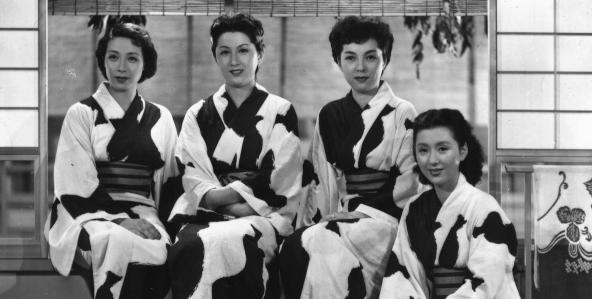
(Yasujirō Ozu, 1952) · Ozu rewrote a previously censored script to craft this tale of marital discord. The film details the conflicts between a snobby wife and her boring husband. Returning to Tokyo as a setting, Flavor of Green Tea Over Rice is lighthearted but with the emotional subtleties that characterize the director's work. The film showcases the director's common stylistic techniques, with some variations (including tracking shots).
runtime: 116 min format: 35mm
5/11/2016 @ 7:00 PM 9:40 PM
Tokyo Story
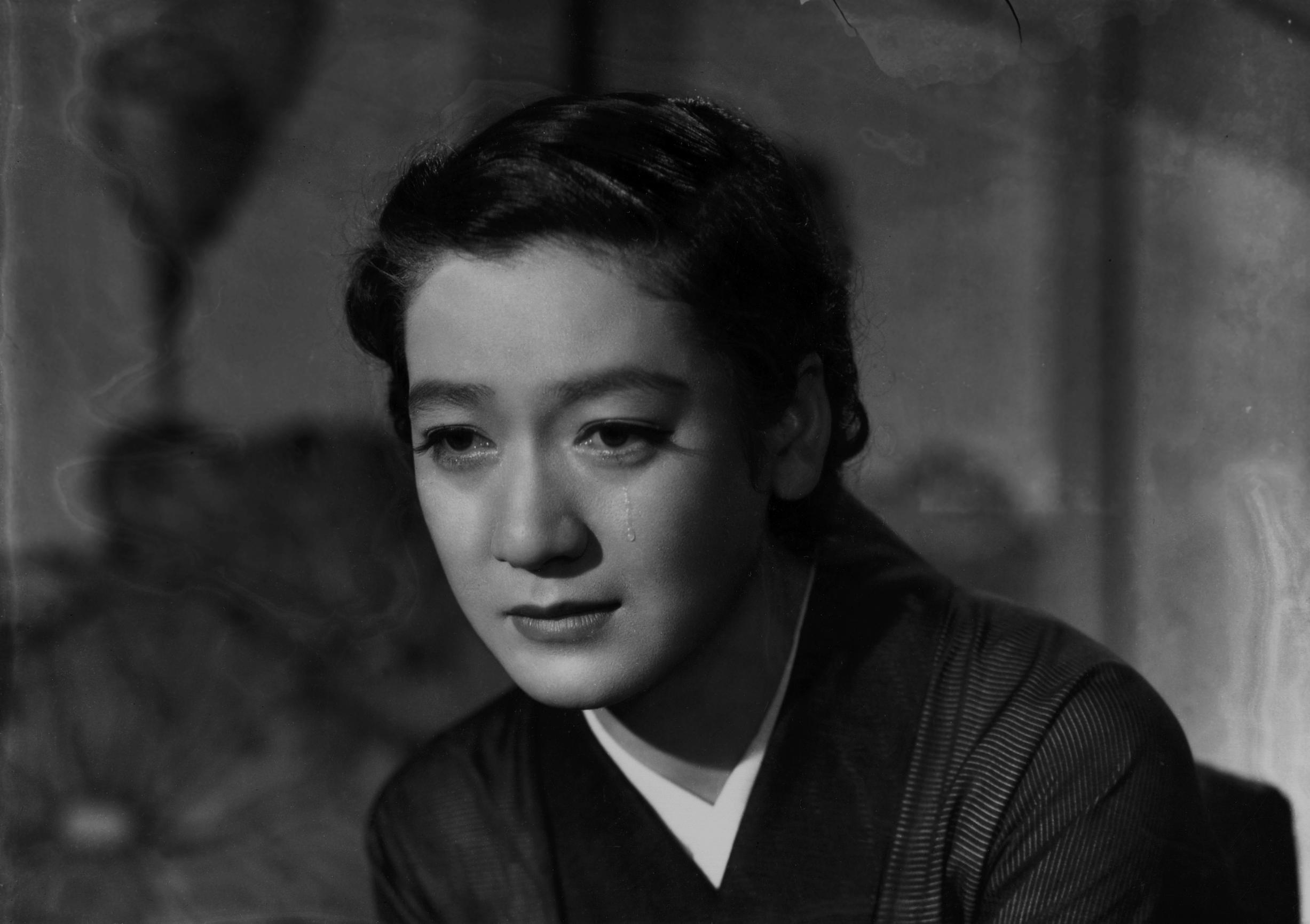
(Yasujirō Ozu, 1953) · An elderly couple goes to Tokyo to visit their two married children. From such a simple plot, Ozu crafts one of the greatest films in the history of cinema. The director's trademark style is at its highest point of elegance, developing upon a universal tale of familial love and human connection. Setsuko Hara plays Noriko, the respectful daughter-in-law, in a touching performance and one of the finest examples of Hara's entrancing screen presence.
runtime: 136 min format: 35mm
5/18/2016 @ 6:45 PM 9:30 PM
Early Spring
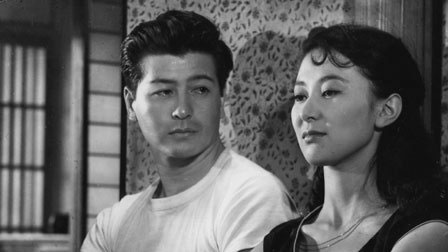
(Yasujirō Ozu, 1956) · Artistically rejuvenated by the success of Tokyo Story, Ozu began his most fruitful period with Early Spring, turning his attention from the elder generation to a younger audience. Ozu sets out to show the pathos in the life of a white-collar man who, bored with both his job and his wife, starts an affair with a co-worker. From this perspective, the director creates social commentary on the younger generation's place in Japan's work life and society.
runtime: 144 min format: 35mm
5/25/2016 @ 6:45 PM 9:30 PM
Tokyo Twilight
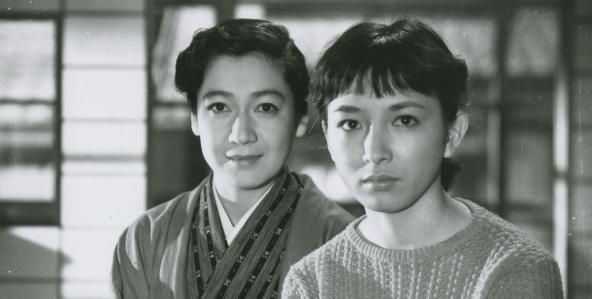
(Yasujirō Ozu, 1957) · In Ozu's last black-and-white film, two sisters deal with their familial conflicts in parallel narratives. Tokyo Twilight is the filmmaker's darkest work and was considered at the time of its release to be a critical and commercial failure. Today it stands as one of the most uniquely powerful films in Ozu's already outstanding oeuvre. Regulars Chishu Ryu and Setsuko Hara are excellent in their roles of the single father and elder sister.
runtime: 140 min format: 35mm
6/1/2016 @ 7:00 PM 9:30 PM
Late Autumn
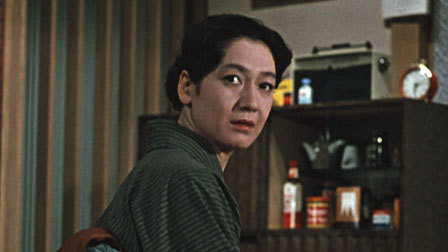
(Yasujirō Ozu, 1960) · A reworking of 1949's Late Spring, Late Autumn is the story of a widowed mother marrying off her loyal daughter. Whereas in the previous film, Setsuko Hara played the daughter, she is now the parent. Ozu's alliance with the younger generation continues, contributing to a tone that is at times lighthearted, at others mournful. With just a smile, Hara is able to communicate the bittersweet simplicity of life in one of her most complex performances.
runtime: 128 min format: 35mm



